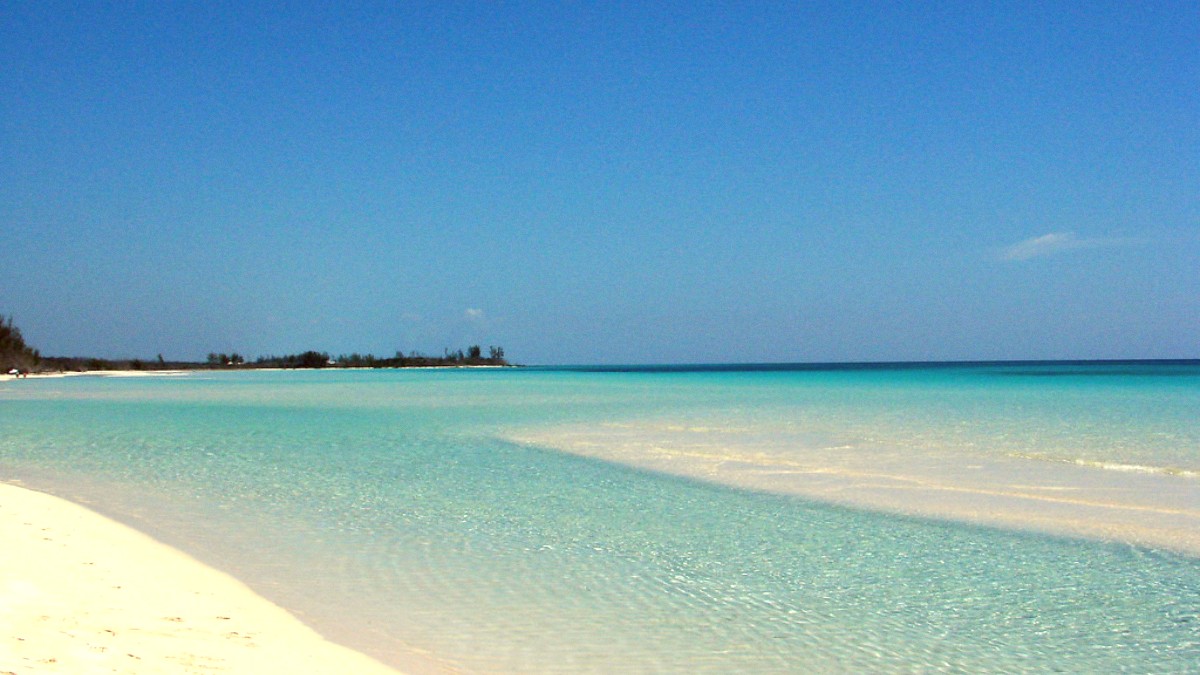
The Bahamas
The Bahamas National Trust manages national parks and protected areas, including Lucayan National Park and Peterson Cay National Park on Grand Bahama.
Waste management on Grand Bahama has challenges. Recycling facilities are limited for tourists.
Freshwater resources are precious on this island nation. Water is often desalinated, an energy-intensive process.
Your travel choices can support Grand Bahama's environment.
Adhere to rules within marine protected areas. Avoid touching or damaging coral. Do not remove marine life.
Look for accommodations that implement energy-saving measures, water conservation, and waste reduction programs.
Consider purchasing carbon offsets for your flights.
Equip yourself with gear from environmentally conscious brands.
Your choices can support Grand Bahama's environment. Take shorter showers, avoid littering, and research tour operators. Consider contributing to local conservation.
Your spending choices directly affect the local economy.
Support small, locally-owned businesses, guesthouses, and tour operators directly. This keeps money within the local community.
Purchase souvenirs and crafts directly from local artisans at places like the Straw Market.
Choose local restaurants over international chains. Hire local taxi drivers or guides.
If you wish to donate, consider contributing to reputable local charities or non-profits.
Support businesses that prioritize fair trade and local benefit.
Buying direct from local artisans (e.g., Straw Market) supports fair trade and local creators.
Consider supporting reputable local charities focused on education, conservation, or community development.
Choose locally-owned over international chains for dining and services. This decision keeps wealth circulating within the island community.
Do not participate in any activities that exploit animals, like unregulated shows. Avoid any engagement with illegal activities or practices involving child labor. Choose reputable animal encounters that prioritize animal welfare and conservation, like authorized dolphin programs.
Every purchase decision creates a ripple on the local economy.